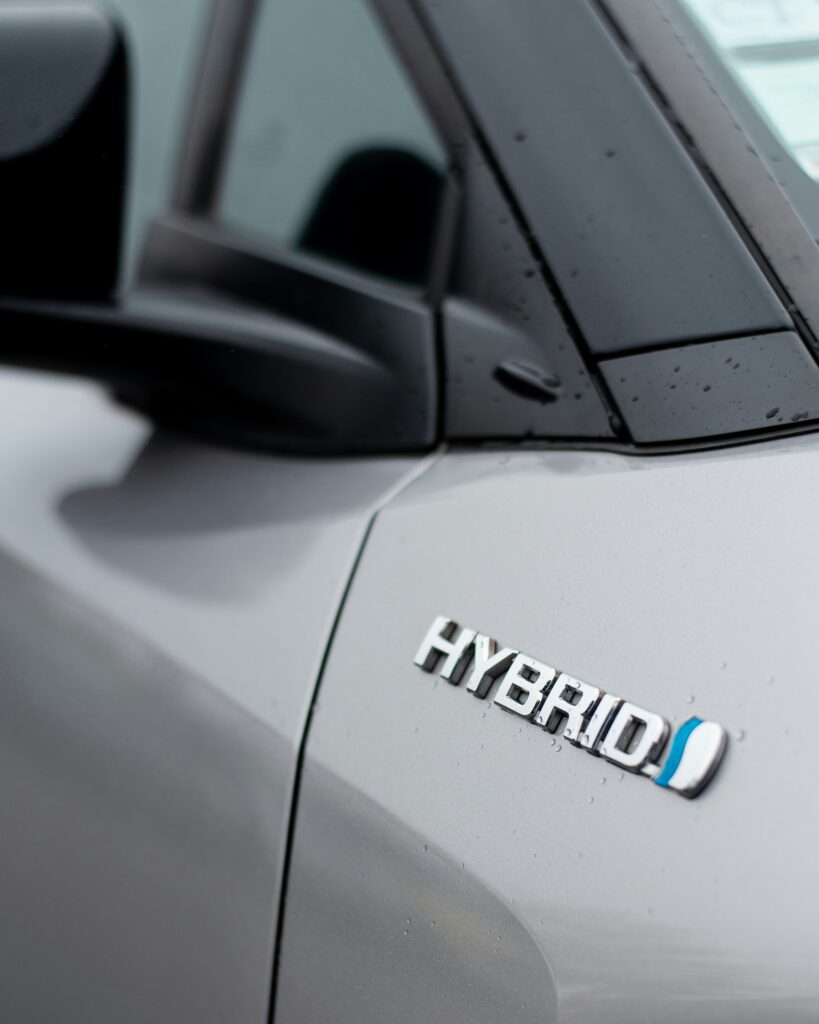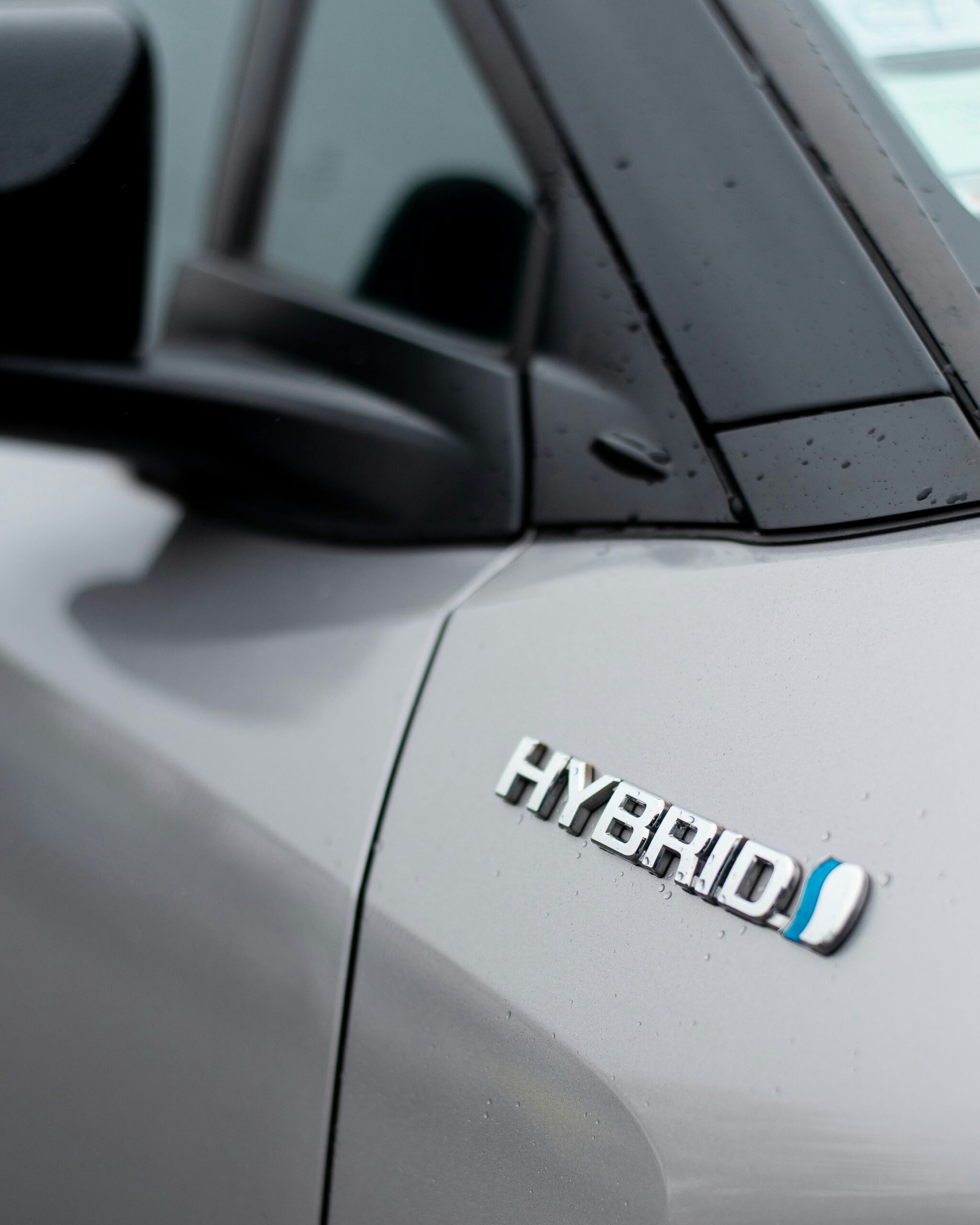Are Hybrid Cars Still a Viable Option in 2025?

Hybrid cars have been part of the automotive scene for decades now, offering a “best of both worlds” solution by combining a gasoline engine with an electric motor. But as fully electric vehicles (EVs) continue to gain momentum in 2025, many people are beginning to wonder—are hybrids still worth it?
If this question has crossed your mind, you’re not alone. Let’s take a closer look at where hybrid cars stand in 2025, the benefits they bring, the obstacles they face, and how they stack up against their fully electric counterparts.
The Current State of Hybrid Cars
First off, what’s happening with hybrids in 2025? Hybrid technology is still very much alive and kicking. Automakers like Toyota, Honda, and Ford are continuing to expand their hybrid lineups, offering everything from fuel-efficient sedans to powerful SUVs. Many of these vehicles are plug-in hybrids (PHEVs), which can be charged like an electric car but still have a gas engine for longer trips.
However, with EVs becoming more affordable and accessible, hybrids aren’t the “latest thing” anymore. They’ve gone from being cutting-edge technology to a more middle-of-the-road option. That doesn’t mean they’re obsolete, though! Hybrids still play an important role for people who aren’t quite ready—or able—to switch to a fully electric car.
The Benefits of Hybrid Cars
Why do people still choose hybrids in 2025? Here are some of the main advantages:
1. Fuel Efficiency
Hybrid cars typically get excellent gas mileage. By using both a gas engine and an electric motor, they can conserve fuel during city driving and other stop-and-go situations. This translates to fewer trips to the gas station, which is always a win.
2. Range Flexibility
Unlike fully electric cars, hybrids don’t have range anxiety—the fear of running out of battery power before reaching a charging station. If your hybrid’s battery runs low, it simply switches to using its gas engine. This makes hybrids ideal for people who take long road trips or live in areas with limited charging infrastructure.
3. Lower Environmental Impact (Compared to Gasoline Cars)
While hybrids aren’t as “clean” as fully electric vehicles, they still produce less carbon dioxide and other harmful emissions than traditional gas-powered cars. PHEVs, which rely heavily on their electric battery, can offer particularly low emissions if charged regularly.
4. Affordability
For many buyers, hybrids hit a sweet spot when it comes to cost. They’re often cheaper than EVs (especially top-tier models) and come with lower fuel expenses compared to gas-powered cars.
5. Smooth Transition to Electric
If you’re not ready to fully commit to an EV, hybrids are a great stepping stone. They offer a chance to get familiar with electric driving while still keeping the safety net of a gas engine.
The Challenges Hybrids Face in 2025
Despite these benefits, hybrids in 2025 aren’t free of challenges:
1. Competition from EVs
Fully electric cars have made big strides in recent years. They’re no longer just small city cars either—models like the Tesla Model Y, the Ford F-150 Lightning, and the Hyundai Ioniq 6 are proving that EVs can fit every type of driver. Plus, governments in many countries are offering tax breaks and incentives for EV buyers, which hybrids may not qualify for.
2. Charging Accessibility
While hybrids don’t need to be plugged in, PHEVs perform best when regularly charged. Unfortunately, limited access to charging stations—especially in rural areas—can make it harder for drivers to take full advantage of their hybrid’s electric capabilities.
3. Maintenance Costs
Hybrids are more complex than regular cars because they have both an electric motor and a gas engine. This can mean higher maintenance and repair costs down the line, particularly for older models.
4. Environmental Scrutiny
Hybrid cars are often seen as a “compromise” option. While they’re greener than gas-powered cars, they’re still not emissions-free like EVs. This has led some environmentally conscious drivers to skip hybrids altogether in favor of fully electric options.
Comparing Hybrids to EVs in 2025
When deciding between a hybrid and a fully electric car, it all comes down to your lifestyle, priorities, and budget. Here’s how the two compare in key areas:
|
Feature |
Hybrids |
EVs |
|---|---|---|
|
Fuel Costs |
Lower than gas cars, but not as low as EVs |
Lowest—electricity is generally cheaper than gas |
|
Range |
Unlimited due to gas backup |
Varies by model; the best can exceed 300-400 miles |
|
Environmental Impact |
Reduced emissions |
Zero-emissions driving |
|
Price |
Less expensive than EVs |
Higher upfront cost, but falling prices over time |
|
Charging Needs |
Optional (for PHEVs) |
Mandatory |
Practical example? If you live in a rural area without many charging stations, a hybrid may make more sense since you can fill up on gas anywhere. But if you’re in a city with lots of chargers and drive mostly short distances, an EV could save you more money in the long run.
Are Hybrids Still Worth It?
The answer depends on your situation. Hybrid cars are still a great choice for people who want to reduce their fuel use and emissions but aren’t ready to go all-in on an EV. They offer flexibility, affordability, and an easy way to transition toward greener driving.
However, it’s also important to keep trends in mind. EV technology is improving rapidly, and infrastructure like public charging stations is expanding. Many industry experts believe that hybrids may eventually phase out as fully electric cars become the norm—though that tipping point may still be several years away.
The Bottom Line
Hybrid cars remain a viable option in 2025, especially for drivers who want better fuel efficiency and lower emissions without relying solely on electric power. They provide a middle-ground approach that’s well-suited for a variety of lifestyles. That said, as EVs continue to rise in popularity and accessibility, it’s worth considering whether an all-electric car might be the better long-term investment.
Whichever option you choose, one thing is clear—the future of cars is greener, cleaner, and more exciting than ever.

